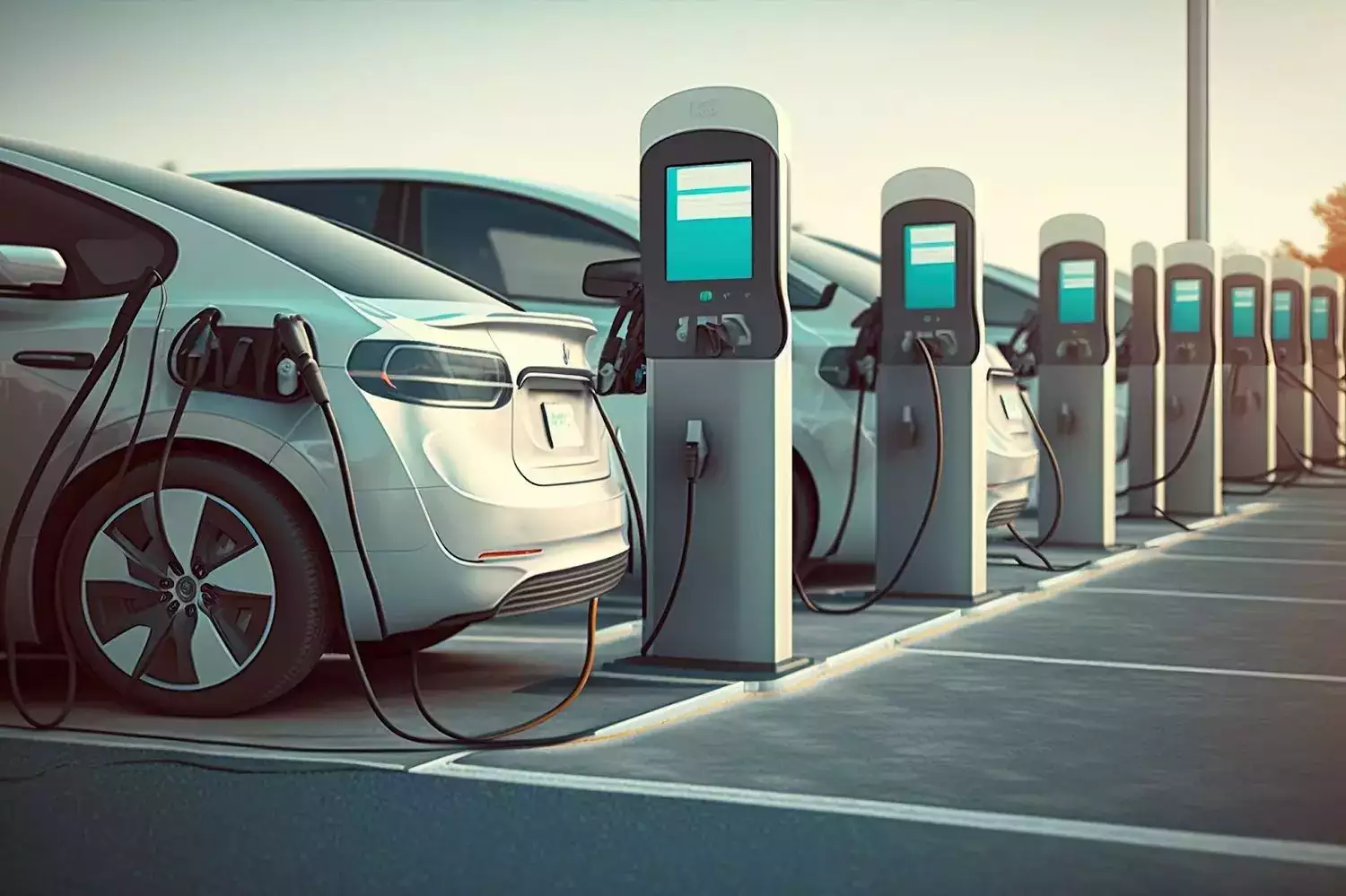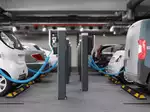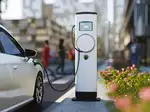Govt takes second shot at hardselling EV policy

The scheme, launched with much fanfare last year, had raised hopes that US electric car giant Tesla would start operations in the country. It however elicited a lukewarm response so far, prompting the need for deliberations to ascertain the reasons including whether more sops are needed.
Feedback garnered during the workshop will be considered while framing rules governing the scheme. The rules are still to be finalised. This would be the second round of consultations with the industry.
The Centre's latest step follows the latest US presidential poll that saw Tesla founder Elon Musk work closely with president-elect Donald Trump.
The Heavy Industries Ministry had in March rolled out the Scheme to Promote Manufacturing of Electric Passenger Cars in India (SPMEPCI), permitting import of green cars on concessional import tariffs. The scheme had met a key demand placed by Tesla for its India foray-reduced tariffs. "A workshop on SPMEPCI is scheduled for later this month. It will help companies better understand the scheme," a senior official told ET.
The first stakeholder consultation on SPMEPCI was held in April 2024, which was attended by top Original Equipment Manufacturers (OEMs).
Tesla was represented by its advisor, The Asia Group (TAG) India in the April meeting. Vietnam's VinFAST, which is setting up an EV plant in Tamil Nadu, had also joined the meeting through a video link.
Other participants included Indian car makers like Tata Motors, Maruti Suzuki, and Mahindra & Mahindra. Global automotive giants like Hyundai, BMW, Kia, Volkswagen, Mercedes, Toyota, and Renault-Nissan also took part.
Despite the government efforts, only a few companies have indicated willingness to invest under the scheme so far. Companies seeking the customs duty relaxation need to invest at least USD 500 million over five years as per the scheme. They may set up new manufacturing facilities or even deploy EV charging stations to meet the minimum investment requirement. Companies also need to comply with up to 50% minimum domestic value addition commitment.
To learn more about the electric vehicle ecosystem and meet the key industry leaders, click here.

